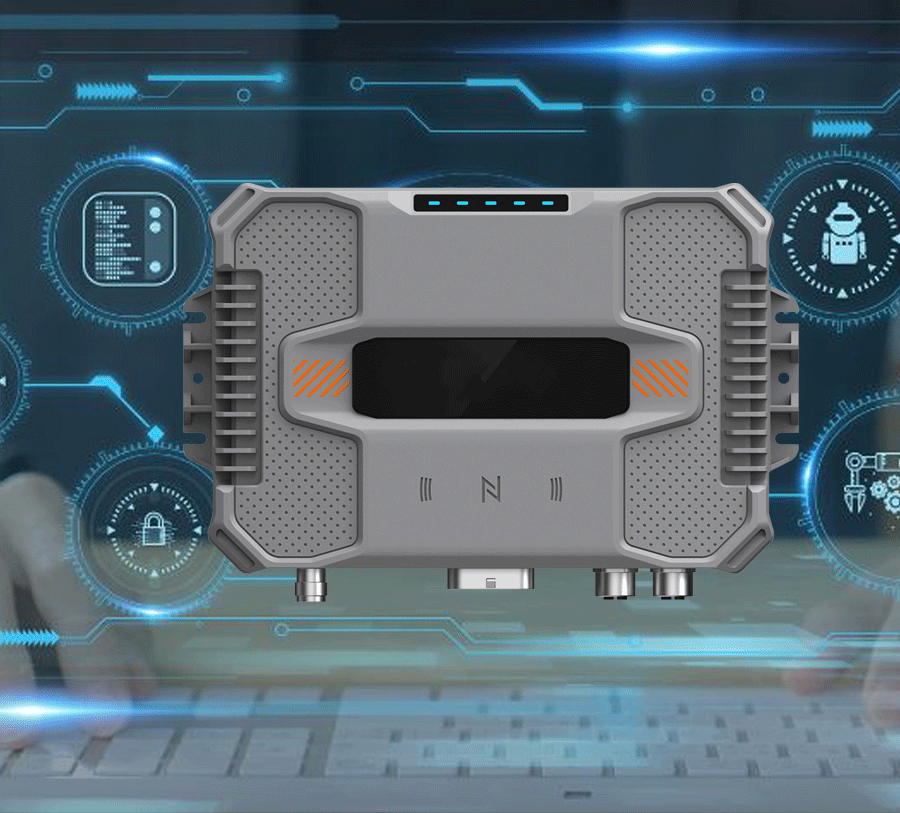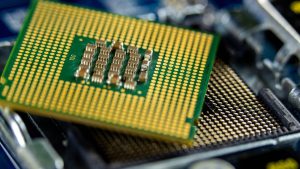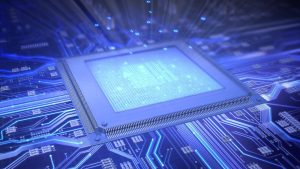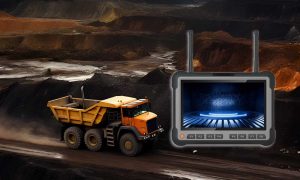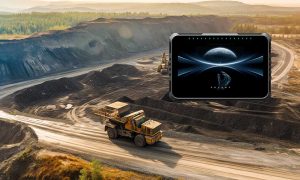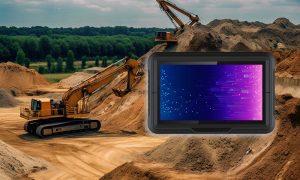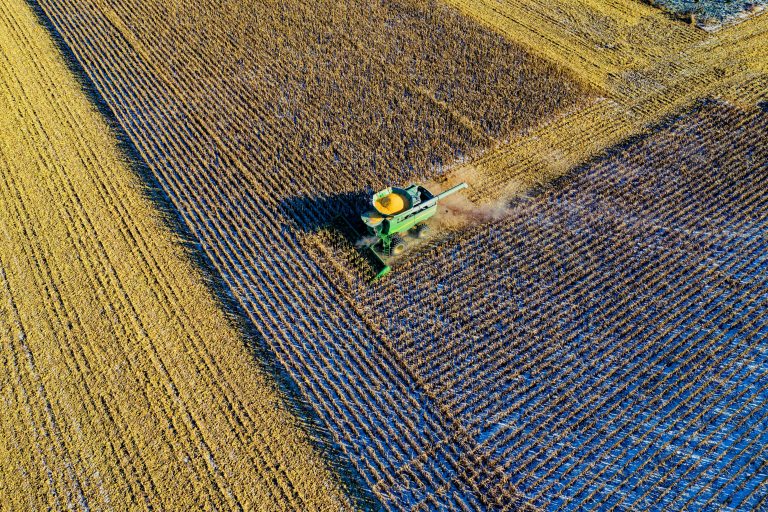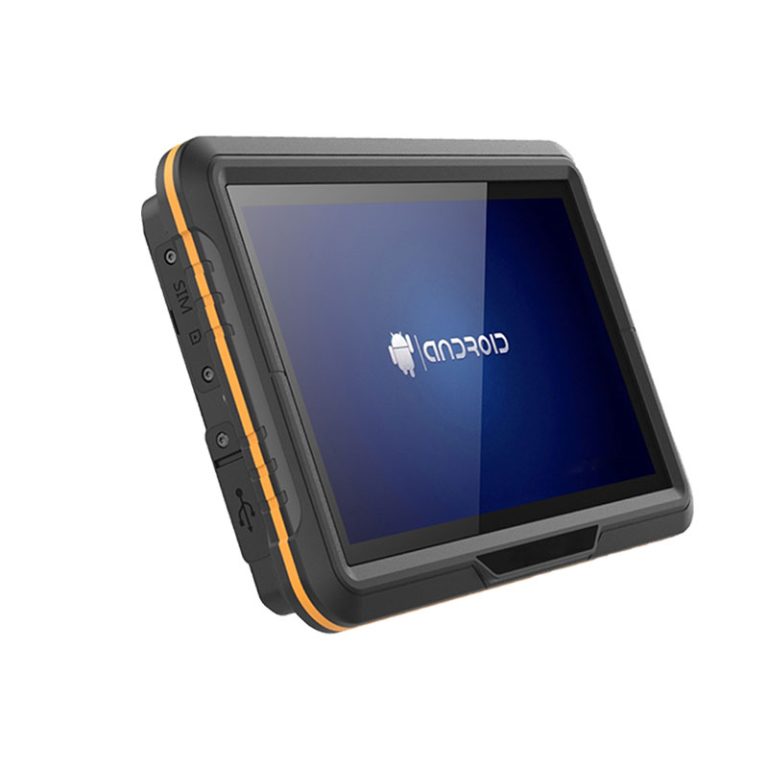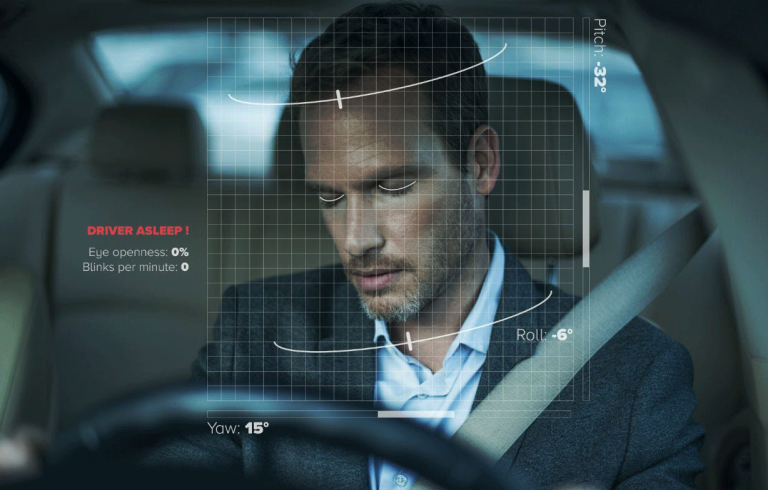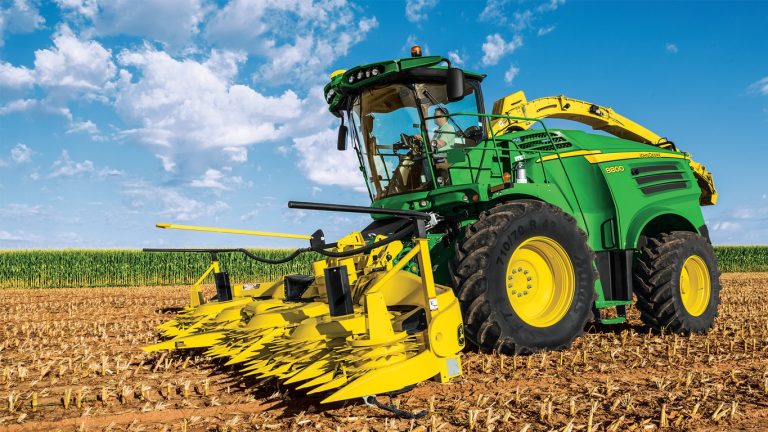Embedded Systems: The Brains Behind the Machine
An embedded system is a specialized computer system designed to perform a specific task or set of tasks within a larger system. Unlike a general-purpose computer like a laptop or desktop, embedded systems are typically:
- Dedicated: They are programmed to perform a specific function and often have limited user interaction.
- Compact: Embedded systems are often smaller and more lightweight than traditional computers due to their focused functionality.
- Energy-Efficient: They are designed to operate with low power consumption, making them ideal for battery-powered devices or applications where energy efficiency is critical.
Essential Components of an Embedded System:
- Microprocessor or Microcontroller: The central processing unit (CPU) of the embedded system, responsible for executing instructions and controlling the overall operation.
- Memory: Stores program instructions and data used by the processor. Embedded systems often have limited memory compared to personal computers.
- Input/Output (I/O) Devices: Allow the embedded system to interact with the external environment. In VMCs, this could include barcode scanners, touchscreens, cameras, and network interfaces.
- Software: The embedded system software controls the hardware components and defines the specific functionality of the device.
Embedded Systems in VMCs and Warehouse Operations:
VMCs are prime examples of embedded systems in action. They are equipped with microprocessors, memory, and I/O devices (touchscreens, barcode scanners) to perform specific warehouse management tasks:
- Running Warehouse Management Software: The VMC software provides functionalities for real-time inventory tracking, order picking, and data collection.
- Processing Barcode Scans: The VMC decodes barcode information from scanned products and updates inventory databases.
- Displaying Pick Lists and Information: The VMC screen displays electronic pick lists, product information, and other relevant data for warehouse personnel.
- Facilitating Communication: VMCs can connect to warehouse management systems and other devices, enabling data exchange and communication between different aspects of the operation.
Beyond VMCs: Embedded Systems Everywhere
Embedded systems are ubiquitous in our modern world, playing a vital role in countless devices and technologies beyond VMCs. Here are a few examples:
- Smartphones: The core functionality of a smartphone is powered by an embedded system.
- Medical Devices: Pacemakers, insulin pumps, and other medical equipment rely on embedded systems for precise control and monitoring.
- Home Appliances: Modern refrigerators, washing machines, and thermostats often have embedded systems for automated functions and energy efficiency.
- Industrial Automation: Embedded systems control robots, automated assembly lines, and other industrial equipment.
The Future of Embedded Systems:
The capabilities and applications of embedded systems are constantly evolving. As technology advances, we can expect to see:
- Increased Processing Power and Connectivity: Embedded systems will become more powerful, enabling them to handle complex tasks and seamlessly connect to the Internet of Things (IoT).
- Artificial Intelligence Integration: Embedded systems will increasingly integrate AI for intelligent decision-making and automation in various applications.
- Miniaturization and Lower Power Consumption: Embedded systems will become even smaller and more energy-efficient, opening doors for new applications and device integration.
By understanding the concept of embedded systems, we gain a deeper appreciation for the specialized technology powering VMCs and countless other devices that contribute to efficient warehouse operations and advancements across various industries.


